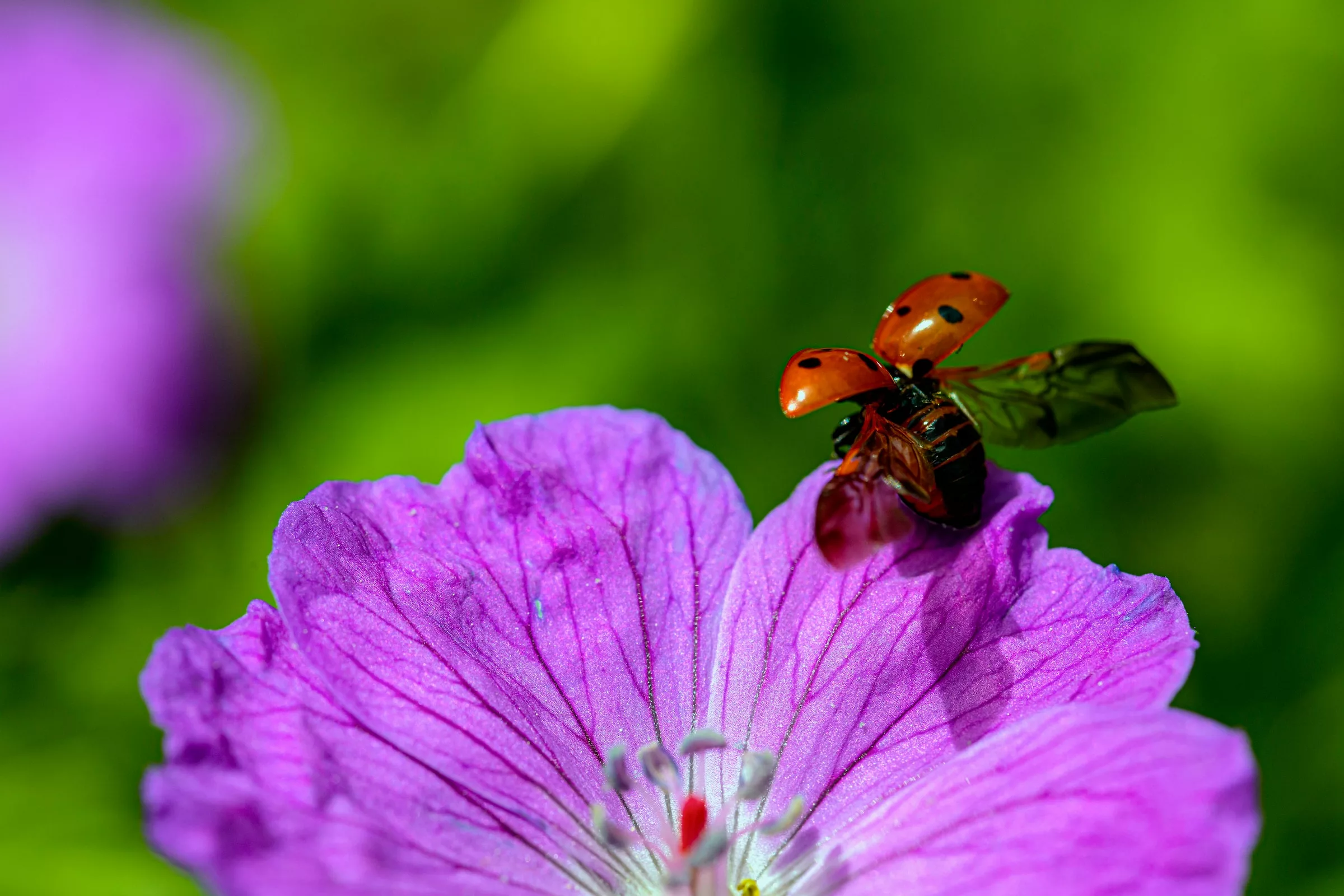Title Variations:
A healthy and thriving garden is a joy for any casual gardener and hobbyist. Not only does it provide beauty and relaxation, but it also allows you to enjoy the fruits of your labor quite literally. However, the flourishing garden is often interrupted by uninvited guests – pests. Instead of reaching for chemical-laden pest control solutions, embracing natural pest control methods can give you the upper hand while maintaining the well-being of your garden, wildlife, and the planet. In this series of articles, we will explore various natural methods that will help you maintain harmony in your garden and send those pests packing.
The Balance of Nature: Welcoming Beneficial Weeds and Insects
When we think of garden weeds and insects, our first instinct may be to label them as nuisances that need to be eradicated. However, it’s important to recognize that not all weeds are harmful and not all insects are pests. In fact, many of them play a crucial role in maintaining the delicate balance within your garden’s ecosystem.
Insects: Helpers in Disguise
Not all insects are out to devour your plants – many are undeniably valuable allies in your quest for a flourishing garden. For example, pollinators like bees and butterflies are essential for plant reproduction, while predatory insects such as ladybugs and lacewings help to keep destructive pests in check. Similarly, decomposers like earthworms contribute to soil health by breaking down organic matter and recycling nutrients.
Getting to know the insects that frequent your garden can help you determine which are beneficial and which may be causing harm. By fostering an environment that welcomes and supports helpful insects, you can tap into nature’s own pest control system and encourage a thriving ecosystem.
In conclusion, embracing the harmonious balance within your garden involves understanding that not all weeds and insects are enemies. By welcoming beneficial weeds and insects, and employing natural pest control methods, you can work with nature, rather than against it, to cultivate a beautiful and healthy garden. Let’s explore these principles together and transform your gardening experience into a fulfilling and sustainable connection with the environment.
Key Aspects of Natural Pest Control
From companion planting to homemade remedies, there are numerous ways to gently manage pests in your garden without causing harm to the environment or your plants. Some notable methods include:
- Companion planting for pest control: Using nature’s wisdom by combining specific plants to ward off pests or attract beneficial insects.
- Physical barriers and traps: Deploying simple, non-toxic tools and techniques like floating row covers, insect netting, or sticky traps in your garden.
- Biological control: Enlisting the help of natural predators like ladybugs, lacewings, and predatory mites to keep pest populations under control.
- Homemade and natural pest repellent solutions: Harnessing readily available, non-toxic ingredients to create your own effective pest repellents.
- Proper garden hygiene and maintenance: Practicing good garden care to minimize pest problems and promote a healthy plant environment.
Our upcoming articles will delve into each of these topics, providing you with valuable knowledge and practical tips. Together, we will explore how nature’s wisdom can be harnessed to help you grow a beautiful, healthy garden without resorting to dangerous chemicals.
The journey toward a thriving garden doesn’t have to be a battlefield laden with toxic weapons. Embracing the beauty of natural pest control methods will not only ensure a healthier garden but a more sustainable planet as well. Stay tuned, as we help you uncover the secrets to controlling pests the natural way, and transform your casual gardening hobby into a joyful and harmonious experience.
Join Our Gardening Newsletter for More Tips
If you enjoyed reading this, don’t hesitate to subscribe to our newsletter for a wealth of gardening knowledge and insights. Stay up-to-date on the latest gardening trends, tips, and know-how, and make your green thumb even greener.



